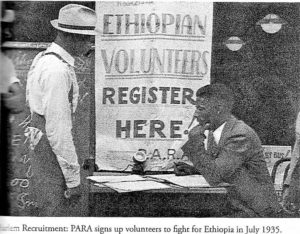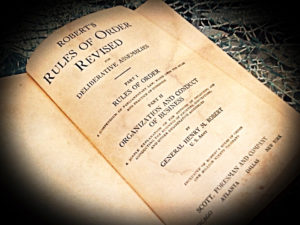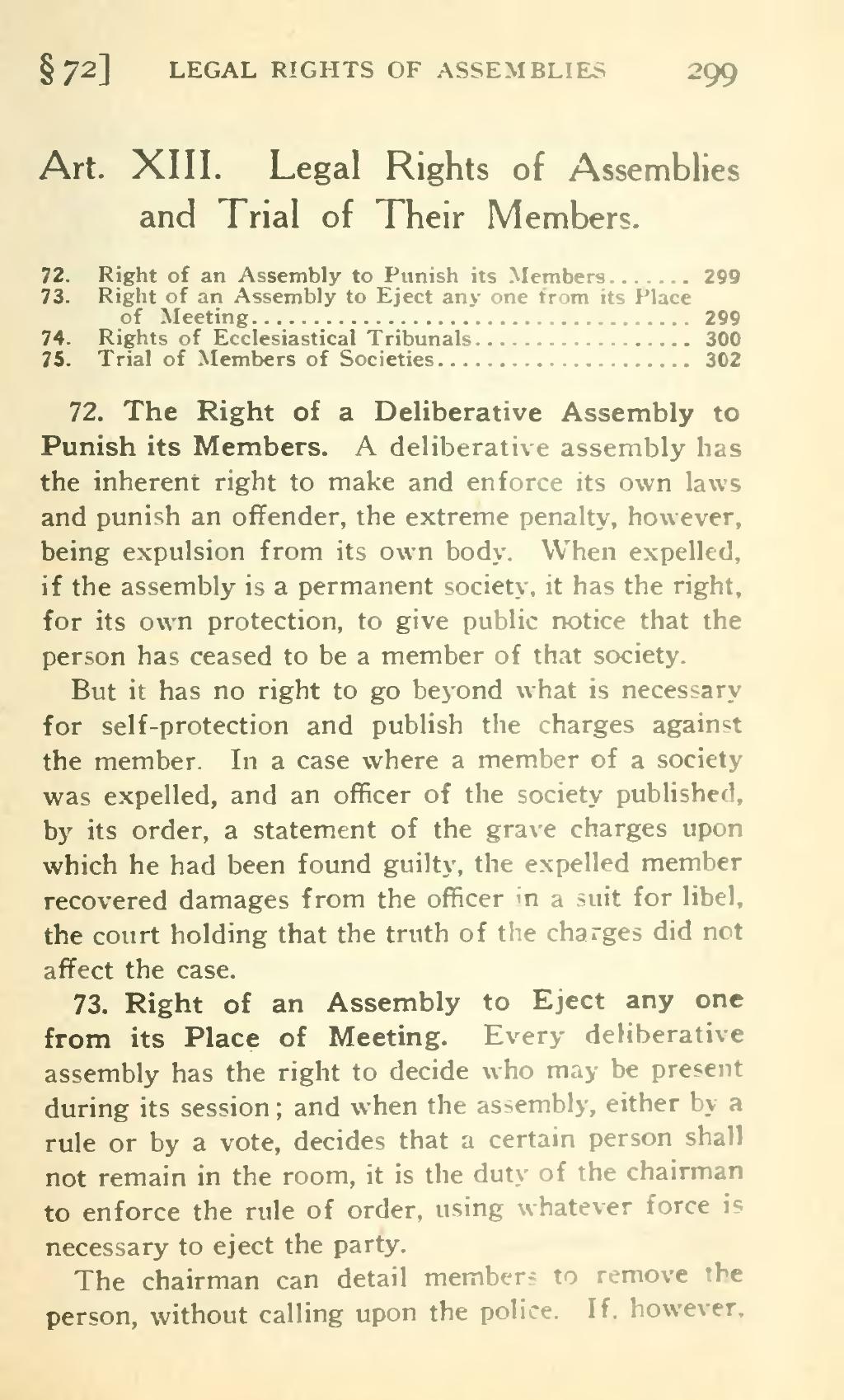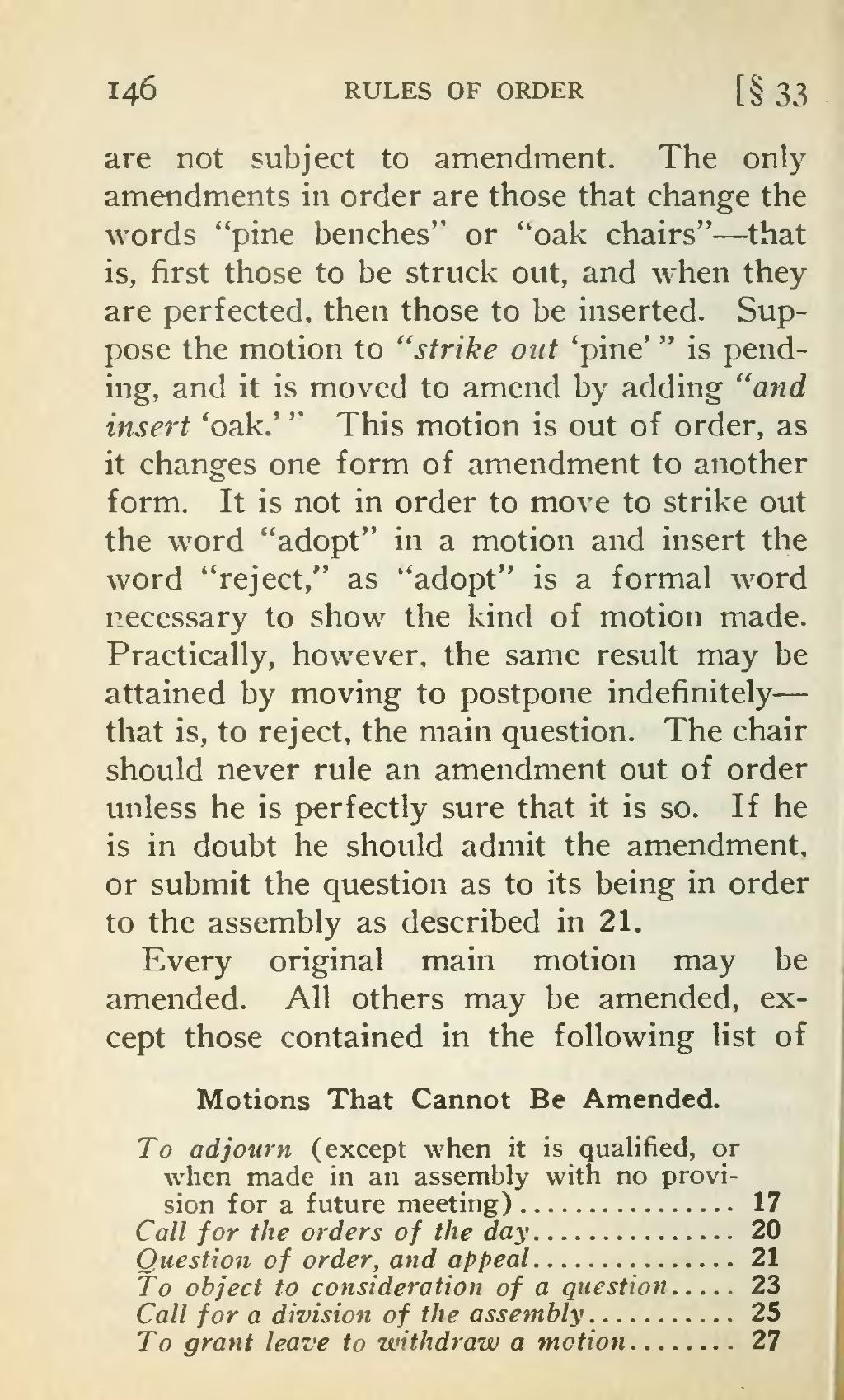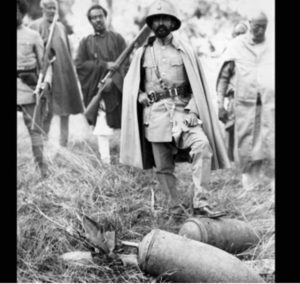 Article from the original Voice of Ethiopia
Saturday September 11th, 1937
This Historical data was printed with the permission of Professor William L. Hansberry of Howard University and the Ethiopian Research Council of Washington, D.C.
The foregoing references and traditions-all of them except the account of Piankhy’s conquest, drawn from non-Ethiopian sources-reveal that the Ethiopians of antiquity were widely known throughout the ancient world as a people particularly devoted to the promotion of justice and righteousness as living and practical forces among men. In the Middle Ages the trend in events and development was essentially the same.
It is indeed not an overstatement to say that nowhere perhaps in the entire civilized world of the medieval times did public and private morality and religious impulses of man attain to higher levels of practical and beneficent expression than they did in the expansive confines of Greater Ethiopia. The promptness with which the Ethiopians of all classes recognized and accepted the teachings of Jesus Christ and the earnestness and devotion which they manifested towards the promotion of the new Faith reflect strongly the truth of this point of view.
Article from the original Voice of Ethiopia
Saturday September 11th, 1937
This Historical data was printed with the permission of Professor William L. Hansberry of Howard University and the Ethiopian Research Council of Washington, D.C.
The foregoing references and traditions-all of them except the account of Piankhy’s conquest, drawn from non-Ethiopian sources-reveal that the Ethiopians of antiquity were widely known throughout the ancient world as a people particularly devoted to the promotion of justice and righteousness as living and practical forces among men. In the Middle Ages the trend in events and development was essentially the same.
It is indeed not an overstatement to say that nowhere perhaps in the entire civilized world of the medieval times did public and private morality and religious impulses of man attain to higher levels of practical and beneficent expression than they did in the expansive confines of Greater Ethiopia. The promptness with which the Ethiopians of all classes recognized and accepted the teachings of Jesus Christ and the earnestness and devotion which they manifested towards the promotion of the new Faith reflect strongly the truth of this point of view.
Sir Francis Head states the matter quite succinctly when he writes “Never did the seed of the Christian religion find more genial soil than when it fell among the rugged mountains of Abyssinia” and well might he have added “and in the fertile valleys and upon the rolling plains of low-lands Ethiopia.”There was, as the author observes “no war to introduce it, no fanatical priesthood to oppose it, no bloodshed to disgrace it. Its only argument was its simplicity. Around our religion thus shining in its native luster, men flocked in peaceful humility, and, hand in hand, joined cheerfully in doctrines which gave glory to God in the highest, and announced on earth peace, good will towards men.” The world has long been wont to glorify Constantine and Justinian and Theodora and Theododius and ever the cruel and callus Clovis and the impetuous and hard hearted Charlemagne for pious deeds performed in promoting the establishment of the early Christian Church. A dispassionate review of the records of the time will reveal, however, that no one of those came nearer to understanding and practicing the principles and precepts of Prince of Peace than did their Ethiopian contemporaries Bahriya, and Silco and Oleydozo and Cyracus and Zakarya and Solomon of the Christian Kingdom of Dongola, or Ezenas and Kaleb and Gabra Maskal and Lalibela of the Christian of Axum. Being moral, they had, it is true, their failings, and frequently saw life “through a glass darkly” but even so, theirs was a consuming passion to establish peace on earth good will to men, in order that “His will might be done on earth as it were in heaven.” Humbleness Characteristic of Ethiopians Medieval Chronicles-Ethiopian as well as those of other lands-mention for example a number of instances in which Ethiopian kings voluntarily abdicated their throne in order that they might walk more humbly in the way of God. In the 6th century Ella Asbcha, one of the greatest of Ethiopia’s early Christian kings and renowned as a patron and protector of the early Church of Arabia, is reported, when at the very peak of his power to have resign his throne, and retired from the world in order to become a monk.
“Ethiopian Orthodox Christianity (EOC) has given rise to a rich artistic tradition including a vernacular architecture exemplified by the world renowned rock hewn churches of Lalibela, icons, paintings, indigenous liturgical music, chant and a vernacular literature, specifically Ethiopic manuscripts. The literature and liturgy of EOC are written in Geez which was the official language of the state and church when the Bible was first translated during the seventh century AD”.Having decided upon this course he sent his royal crown to Jerusalem to be suspended near the tomb of Christ and “going out his palace at night clothed only in a hair-cloth garment and with nothing but a mat and a cup out of which to drink water-he went up to the top of a high mountain where he shut himself up in a little room and lived a very holy life for the rest of his days.” Another Medieval chronicle of high historical repute relates that in the year 1080 a king of Nubia-Solomon by name, voluntarily abdicated his throne in favor of his sister’s son in order that he may be freed from those worldly and sinful destructions and temptations that are inescapable in the exercise of royal power. “For who is there among kings” he said “that can be saved by God while he still govern among men.” where is that sovereign, he asked, who, while in the exercise of his regal duties, “is not swayed by passion and who does not shed blood unjustly and who does not force men to do that which is not right for them?”
Believing that there had never been and could never be such a king, Solomon accordingly laid aside his royal robes and his golden crown and giving up the sumptuousness and ease of his palatial dwelling, donned the somber garments of a monk and took up his abode as a humble member of a devout brotherhood in the Monastery of Deyr Onuphrius which was situated deep in the desert on the northern border of his empire.]]>




